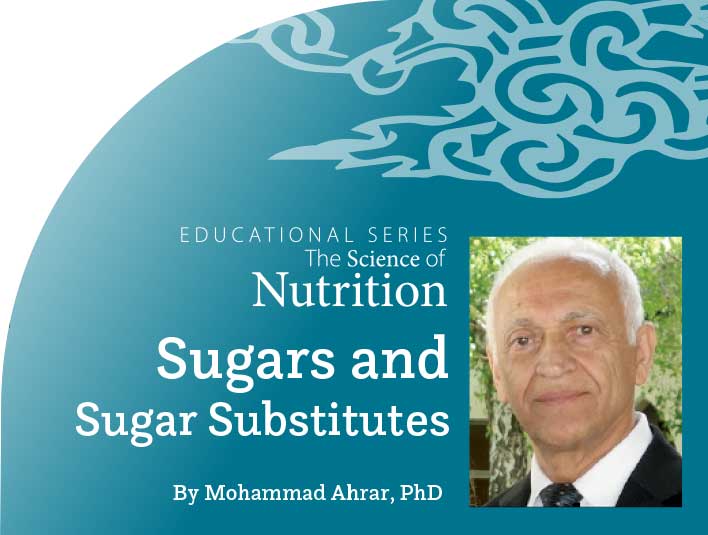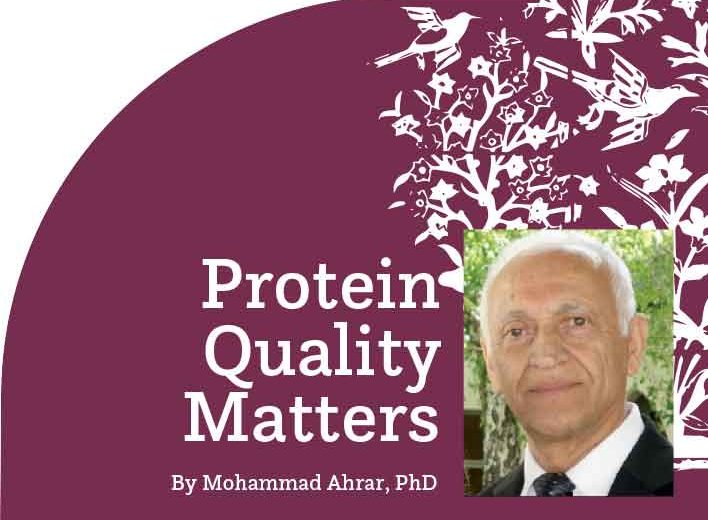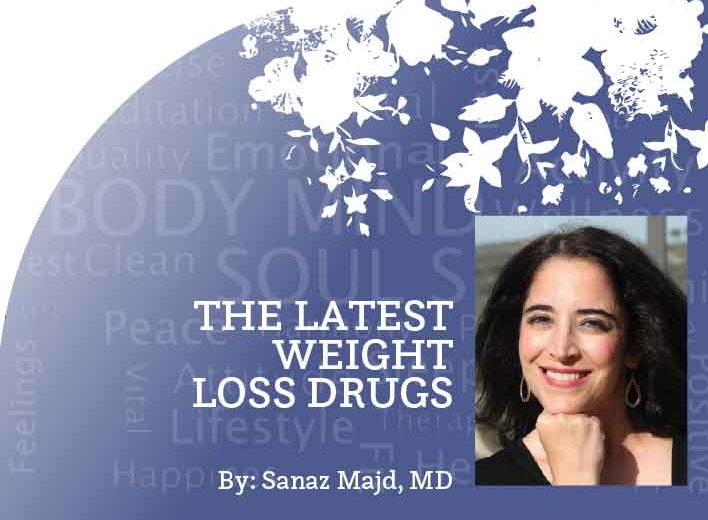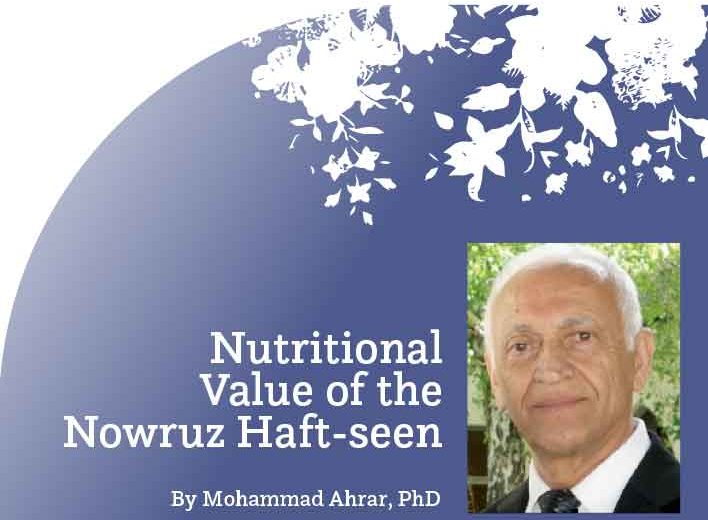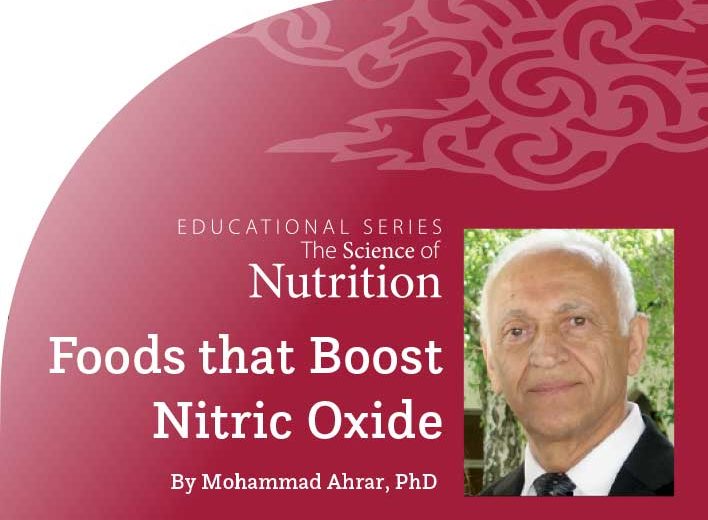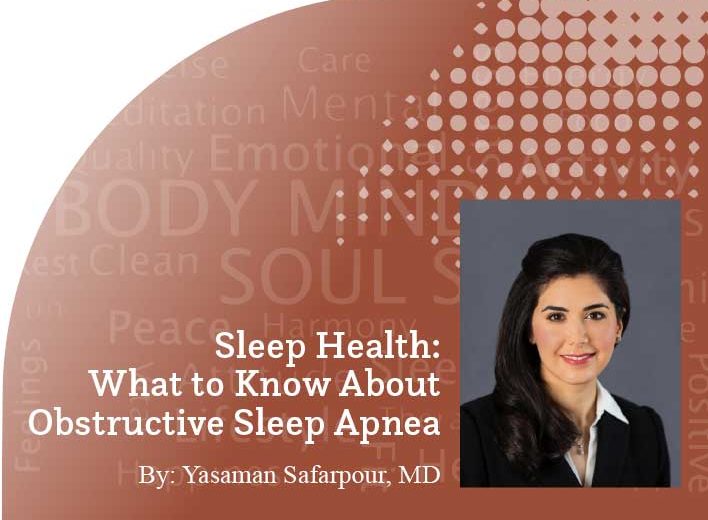Sugars and Sugar Substitutes
By Mohammad Ahrar, PhD
Introduction
Foods and drinks with added sugar taste good to most people. The problem is that added sugar, when consumed more than the daily recommendation, can result in weight gain and raise the risk of serious health problems over time. Sugar substitutes, also known as artificial sweeteners, taste sweet like sugar, but have fewer calories or no calories. In this article, we will review the benefits and side effects of artificial sugars in the diet.
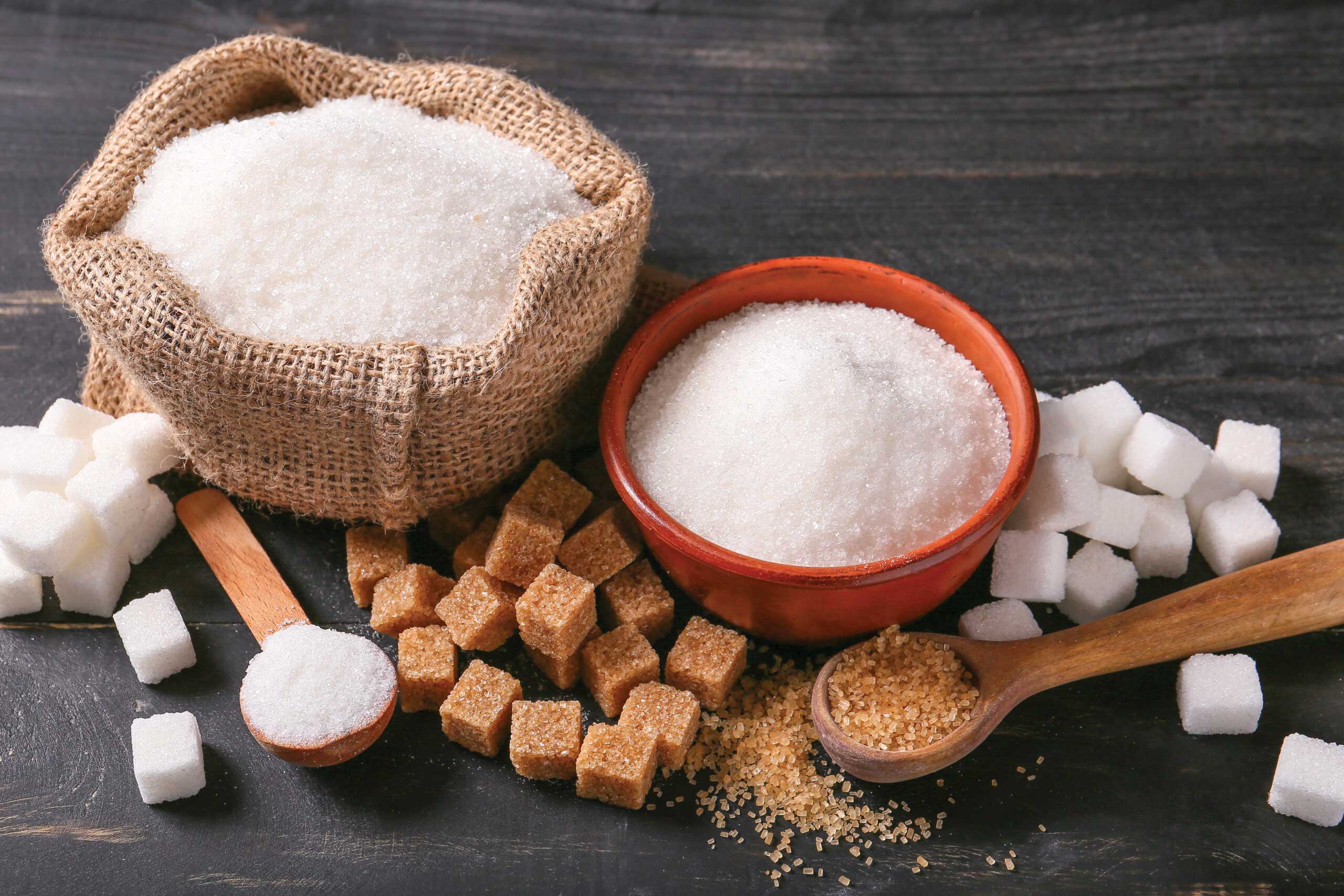
Natural Sugars
The word sugar refers to simple carbohydrates such as glucose and fructose (also known as monosaccharides). The combination of two monosaccharides forms a disaccharide. For example, glucose and fructose make sucrose (table sugar). The sweet-tasting monosaccharides and disaccharides naturally occur in plants such as sugar cane, beets, fruits, and plant-based foods. The sweet taste of sugar and honey is mainly due to its fructose content.
Sugar-containing foods in their natural form, such as whole fruits, tend to be highly nutritious—high in fiber, a good source of antioxidants, nutrient-dense, and low in glycemic index. Even maple syrup can contain antioxidants and minerals like iron, zinc, calcium, and potassium.
When sucrose is ingested, it breaks down into glucose and fructose by the intestinal enzyme before being absorbed into the blood. Glucose is the main source of quick energy for all cells of the body, especially the brain, which basically depends on glucose for energy. The liver can condense some glucose into glycogen and excess glucose can be converted into fats. Removing natural sources of sugar and other carbohydrates found in fruits, dairy products, and grains may not be a healthy choice, but their consumption should be in moderation. (More information about carbs and sugars is discussed in Peyk #165 and #193.)
Refined Sugars
In the food industry, natural sugars are refined before entering markets as table sugar. Problems arise when excessive amounts of sugar are consumed. Refined table sugar consumed in large amounts not only increases blood glucose and insulin levels, but it can also be converted to triglycerides, as well as increasing the inflammation and formation of free radicals, and with them, the risk for diabetes, cardiovascular disease, and other chronic illnesses. (1)
Sugar Substitutes
Some manufacturing companies produce sugar substitutes or artificial sweeteners, also known as low-calorie sweeteners, non-nutritive sweeteners, and high-intensity sweeteners. These chemicals are now used extensively in the food industry to make food taste sweeter. Because low-calorie sweeteners are many times sweeter than table sugar, they can be used in smaller amounts to achieve the same level of sweetness as table sugar, yet be more cost-effective. Most non-sugar sweeteners or sugar substitutes do not raise the level of sugar in the blood and they do not provide any nutritional value.
Foods and beverages that contain low-calorie sweeteners sometimes carry the label “sugar-free” or “diet.” Low-calorie sweeteners are found in many beverages and foods like frozen desserts, yogurt, candies, baked goods, breakfast cereals, gelatins, puddings, chewing gum, and some pills.
There are different types of sweeteners in the market. Six of the artificial sweeteners have been approved as food additives by the Food and Drug Administration (FDA). The table below summarizes the artificial sweeteners and the degree of sweetness compared to natural sugars or table sugar. (2)
|
Artificial Sweetener |
Brand Names† |
Sweetness as compared with regular sugar |
|
Aspartame |
Equal®, NutraSweet®, Sugar Twin® |
200 times sweeter than sugar |
|
Acesulfame-K |
Sunett®, Sweet One® |
200 times sweeter than sugar |
|
Saccharin |
Sweet’N Low®, Sweet Twin®, Necta Sweet® |
200-700 times sweeter than sugar |
|
Sucralose |
Splenda® |
600 times sweeter than sugar |
|
Neotame |
Newtame® |
7,000-13,000 times sweeter than sugar |
|
Advantame |
No brand names |
20,000 times sweeter than sugar |
Aspartame is one of the most popular sweeteners used in the food industry. It is made of two amino acids, aspartic acid and phenylalanine, plus methanol. Aspartame can be broken down in the gut and the amino acids are absorbed as such. The methanol part of it will be detoxified by the liver after being absorbed. People with a rare hereditary disease known as phenylketonuria (PKU) have difficulty breaking down phenylalanine, a component of aspartame. It is advised that these patients should limit their intake of phenylalanine from all sources, including aspartame. (2)
Sugar Alcohols
Sugar alcohols, or polyols, are not classified as low-calorie sweeteners (LCS), but have slightly fewer calories than table sugar. Most sugar alcohols are not as sweet as sugar. (3) The sweetness of sugar alcohol varies from 25% up to 100% as sweet as sugar. They do not promote tooth decay or cause sharp rises in blood glucose. The common sugar alcohols include sorbitol, xylitol, lactitol, mannitol, erythritol, and maltitol. They are found in sugar-free candies, cookies, ice cream, beverages, and chewing gums. They are also used in toothpaste and medicines like cough syrups.
Lab studies have found that exposing blood platelets to erythritol increases the risk of blood clot formation. (2) In some people, eating high quantities of certain sugar alcohols can cause diarrhea.
Erythritol occurs naturally in very small amounts in fruits, wine, and beer. However, the amount of erythritol used as an additive in low-calorie beverages, ice cream, chewing gums, and candies is much higher. The use of sugar alcohols in foods is permitted by the FDA.
Other Types of Sweeteners
Sweeteners such as allulose, monk fruit, Stevia, and tagatose are found in nature and some countries use them in foods as a source of sweetening. These sweeteners are not a significant source of calories or sugar, so they don’t lead to weight gain or blood sugar spikes as does table sugar. They are also typically less processed and are more similar to their natural sources compared to artificial sweeteners.
Stevia and monk fruit are naturally derived from plants; some people feel they have a flavor similar to regular sugar. Steviol glycosides are found in foods and beverages in the U.S. under the names Rebaudioside A (or Reb A) or Stevioside. Commercial brand names include Truvia® and PureVia®. They are 100-400 times sweeter than sugar. Stevia leaf and unrefined stevia extracts are not allowed in the U.S. for use as sweeteners. Monk fruit, also known as luo han guo, comes from a plant native to Southern China. Monk fruit is 100-250 times sweeter than sugar. The FDA has approved that these sweeteners are “generally regarded as safe,” which means they are safe to use for their intended purpose. (4)
Artificial Sugars and Weight Loss
Although intake of non-sugar sweeteners results in lower caloric intake compared to ingesting natural sugar, a higher intake of non-sugar sweeteners, either in beverages or as an additive to foods, was also associated with an increased risk of developing type 2 diabetes. (3)
Some observational studies report a link between consuming artificially sweetened beverages and obesity. (5) Artificial sweeteners can confuse the brain into still feeling hungry, therefore craving more food. Other studies did not confirm the statement and randomized controlled studies report that artificial sweeteners may reduce body weight. (5) At this time, there is insufficient data to make a conclusive determination about the safety or the health benefits of non-nutritive sweeteners.
Health Concerns of Sugar Substitutes
Studies dating back to the 1970s linked the artificial sweetener saccharin to bladder cancer in rats; however, further research has shown that those findings don’t apply to people. (3) Long-term studies have shown that daily use of artificial sweeteners is linked to a higher risk of stroke, heart disease, and death—but some other factors, such as people’s unhealthy lifestyles, may be the cause of the higher risks. (3)
Sugar alcohols, Stevia, and monk fruit can cause bloating, gas, and diarrhea. The amount of sugar alcohol that causes these symptoms varies from person to person. An observational three-year study found an association between erythritol (sugar alcohol) as an added sweetener and cardiovascular disease, such as stroke and heart attack, mainly in patients with risk factors such as diabetes and high blood pressure. (2) Exposing human platelets to erythritol may also increase the risk of blood clot formation. (2)
Products made with sugar substitutes may give you the wrong message about processed foods. A snack labeled “low sugar” or “no sugar” may not be the most nutritious choice. The FDA and food safety agencies in other countries have guidelines about how much of a sugar substitute you can safely have each day. This amount is called the acceptable daily intake (ADI), which varies by a person’s weight and the type of sugar substitute used. Because most artificial sweeteners have limitations or acceptable limits, consumption of artificial sweeteners more than the recommended daily limits may not be safe or may cause serious health concerns. Dietary guidelines for Americans say children under 2 years old shouldn’t be given sugar substitutes.
Summary
Artificial sugars are sweeteners that contain few to no calories but have a higher intensity of sweetness per gram than table sugar and other natural sources. They can be a short-term way to help some people lessen their use of sugar and lose or manage weight; however, the use of artificial sweeteners should be limited and used for a short time.
______________________________________________
Selected References:
1-https://www.health.harvard.edu/blog/artificial-sweeteners-sugar-free-but-at-what-cost-201207165030https://www.mayoclinic.org/healthy-lifestyle/nutrition-and-healthy-eating/in-depth/artificial-sweeteners/art-20046936
2-https://www.hsph.harvard.edu/nutritionsource/healthy-drinks/artificial-sweeteners/
3-https://www.mayoclinic.org/healthy-lifestyle/nutrition-and-healthy-eating/in-depth/artificial-sweeteners/art-20046936
4-https://www.hopkinsmedicine.org/health/wellness-and-prevention/facts-about-sugar-and-sugar-substitutes
5-https://www.healthline.com/nutrition/artificial-sweeteners-good-or-bad#what-they-are

